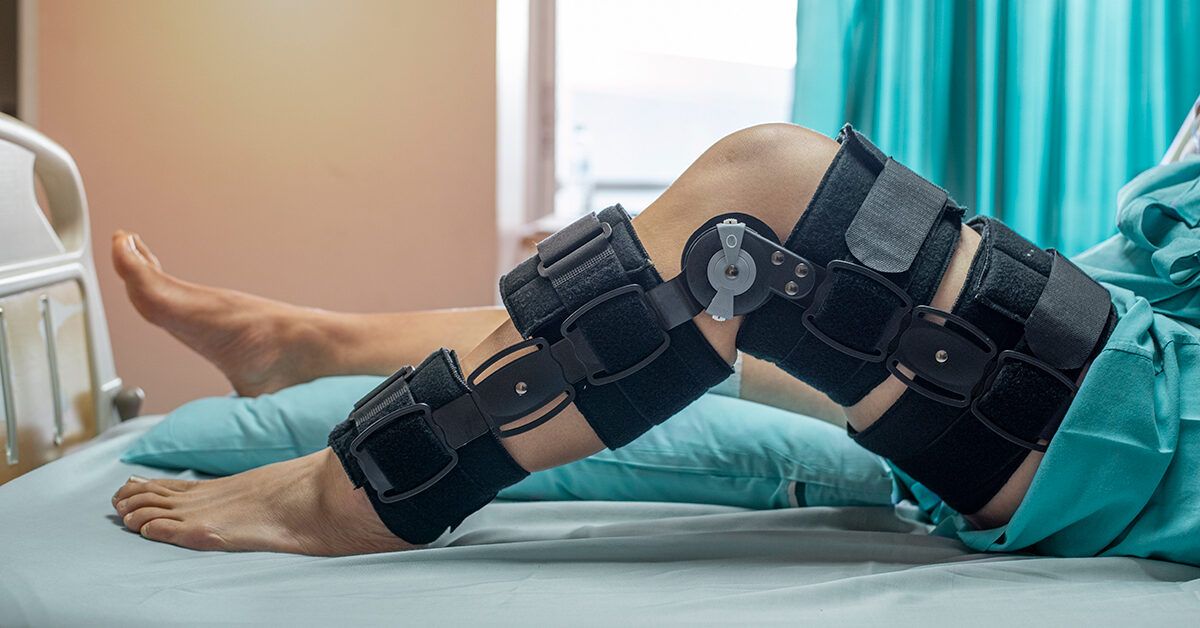Undergoing knee surgery can be a life-changing experience, often providing relief from chronic pain and improved mobility. However, the road to recovery can be challenging, and managing knee pain during this period is crucial for a successful outcome. In this blog, we will explore effective tips for managing knee pain during the post-surgery recovery phase, helping you navigate this journey with confidence and comfort.

1. Follow Your Surgeon’s Advice
Your orthopedic surgeon is your primary source of guidance throughout the recovery process. They will provide specific instructions on wound care, medication, and physical therapy. Make sure to follow their recommendations diligently, as they are tailored to your individual condition and surgery type.
2. Manage Pain Medication Carefully
Pain management is a critical aspect of post-surgery recovery. Your surgeon will likely prescribe pain medication to alleviate discomfort. Take your medications as prescribed, but be cautious not to exceed the recommended dosage.

If you experience side effects or find that your pain is not adequately controlled, contact your healthcare provider promptly for adjustments.
3. Elevate and Ice
Swelling is a common occurrence after knee surgery, and it can contribute to pain and discomfort. Elevating your leg and applying ice to the surgical area can help reduce swelling. Aim to ice your knee for 20-30 minutes every 1-2 hours during the first 48 hours post-surgery. Use a cloth or towel to create a barrier between the ice pack and your skin to prevent frostbite.
4. Compression and Support
Using a compression bandage or stocking can aid in reducing swelling and providing support to the surgical area. Ensure that the compression garment is not too tight, as it should promote circulation without causing discomfort.
5. Physical Therapy
Physical therapy is a crucial component of knee surgery recovery. Your physical therapist will design a tailored exercise program to help you regain strength, flexibility, and range of motion. Consistently attend your therapy sessions and perform your prescribed exercises at home to facilitate a faster recovery.
6. Rest and Listen to Your Body
Rest is essential for healing. Avoid overexertion and listen to your body’s signals. While physical therapy is important, it’s equally vital to allow adequate time for rest and recuperation.
7. Nutrition and Hydration
A balanced diet and proper hydration can play a significant role in the healing process. Ensure that you’re getting the necessary nutrients to support tissue repair and immune function. Consult with your healthcare provider or a nutritionist if you have specific dietary concerns.
8. Mobility Aids
Consider using mobility aids such as crutches, walkers, or a knee scooter to minimize weight-bearing on your surgical knee. These aids can make moving around easier and reduce the strain on your recovering joint.
9. Mental and Emotional Well-being
Recovery can be mentally and emotionally challenging. Stay connected with friends and family for emotional support. Additionally, practicing relaxation techniques like deep breathing and meditation can help manage stress and anxiety during this period.
Conclusion
Recovering from knee surgery requires patience, dedication, and a proactive approach to pain management. By following your surgeon’s advice, staying on top of pain medication, and implementing these tips, you can improve your comfort and accelerate your journey towards regaining mobility and enjoying a pain-free life. Remember, every individual’s recovery timeline is unique, so be kind to yourself and celebrate your progress along the way.



